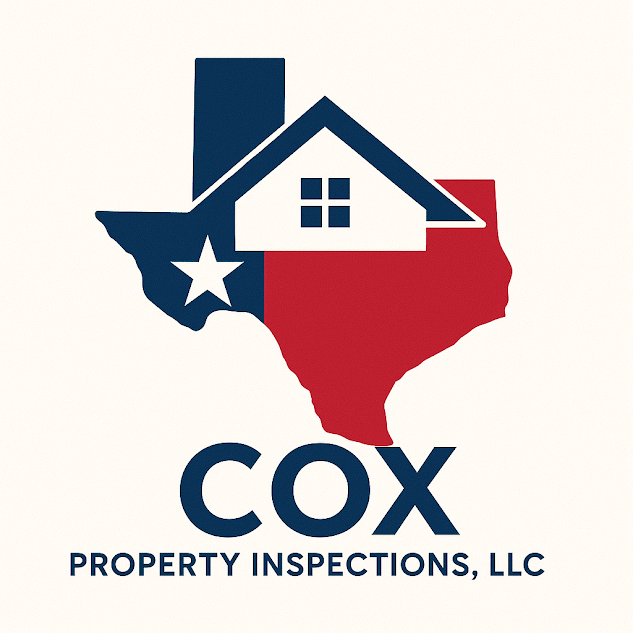
Breaking Down Home Inspection Costs
- Nov 4, 2025
- 4 min read
Buying or selling a home is a big deal, right? One of the most important steps in this process is getting a home inspection. But have you ever wondered what goes into the home inspection pricing? Why do some inspections cost more than others? And what exactly are you paying for? I’ve been through this myself, and I’m here to break it all down for you in a way that’s easy to understand. Let’s dive in!
Understanding Home Inspection Pricing: What Affects the Cost?
When you start looking into home inspections, you’ll notice prices can vary quite a bit. So, what’s behind those numbers? Here are some key factors that influence the cost:
Size of the Home: Larger homes take more time to inspect, so naturally, they cost more. A small condo might be on the lower end, while a sprawling house will be pricier.
Age of the Property: Older homes often have more issues to check, which can increase the inspection time and cost.
Location: Depending on where you live, prices can fluctuate. In Baytown, TX, for example, prices might differ slightly from other parts of Texas due to local market conditions.
Type of Inspection: A general home inspection covers the basics, but if you want specialized inspections (like for pests, radon, or mold), expect additional fees.
Inspector’s Experience and Reputation: A highly experienced inspector with great reviews might charge more, but you’re paying for peace of mind.
Knowing these factors helps you understand why prices aren’t one-size-fits-all. It’s about what you need and the specifics of the property.

What Does a Home Inspection Include?
You might be wondering, “What exactly am I paying for?” A thorough home inspection covers many areas of the property. Here’s a quick rundown:
Structural Components: Foundation, walls, ceilings, floors, and roof.
Systems: Electrical, plumbing, heating, ventilation, and air conditioning (HVAC).
Interior Elements: Doors, windows, stairs, and fireplaces.
Exterior Elements: Siding, gutters, drainage, and porches.
Safety Issues: Smoke detectors, carbon monoxide detectors, and potential hazards.
A good inspector will provide a detailed report with photos and explanations. This report is your roadmap to understanding the home’s condition and planning any repairs or negotiations.

How to Choose the Right Home Inspection Service
Choosing the right inspector can feel overwhelming. Here’s how I recommend making the decision:
Check Credentials: Make sure the inspector is licensed and certified. In Texas, this is a must.
Read Reviews: Look for feedback from past clients. Positive reviews often mean reliable service.
Ask About Experience: How long have they been inspecting homes? Do they specialize in certain types of properties?
Request Sample Reports: A clear, easy-to-understand report is crucial.
Compare Pricing: Don’t just go for the cheapest option. Balance cost with quality.
Remember, a home inspection is an investment in your future. It’s better to spend a little more upfront than face costly surprises later.
What’s the Typical Price Range for Home Inspections?
Now, let’s talk numbers. While prices vary, here’s a general idea of what you might expect in the Baytown, TX area:
Basic Home Inspection: $300 to $500
Larger Homes (over 3,000 sq ft): $500 to $700
Additional Inspections (radon, pests, mold): $100 to $300 each
Keep in mind, these are ballpark figures. For a precise quote, it’s best to contact a local company like Cox Property Inspections, LLC.
If you’re curious about the home inspection cost in more detail, their FAQ page is a great resource to explore.
Tips to Save Money Without Sacrificing Quality
Everyone loves a good deal, right? Here are some tips to keep your inspection costs reasonable without cutting corners:
Bundle Services: Some companies offer discounts if you combine inspections (like home and pest).
Schedule Early: Booking in advance can sometimes get you a better rate.
Attend the Inspection: Being there helps you understand the report and avoid unnecessary follow-ups.
Ask Questions: Clarify what’s included so you’re not surprised by extra fees.
Avoid Unnecessary Add-Ons: Only pay for inspections you really need.
By being proactive and informed, you can get a thorough inspection that fits your budget.
Why a Thorough Inspection Report Matters
I can’t stress this enough - the inspection report is your best friend during a home purchase or sale. It’s not just a list of problems; it’s a tool for negotiation and planning.
For Buyers: It highlights potential repairs and safety issues. You can ask the seller to fix problems or adjust the price.
For Sellers: Knowing your home’s condition helps you price it right and avoid surprises during buyer inspections.
For Everyone: It provides peace of mind. You’re making decisions based on facts, not guesswork.
A detailed, easy-to-understand report from a trusted inspector like Cox Property Inspections, LLC can make all the difference.
Final Thoughts on Home Inspection Pricing
Navigating home inspection pricing doesn’t have to be confusing. By understanding what affects the cost, what’s included, and how to choose the right inspector, you’re setting yourself up for success. Remember, this is about protecting your investment and making informed decisions.
If you want a reliable, thorough inspection in the South East Texas area, consider reaching out to Cox Property Inspections, LLC. They’re known for clear reports and friendly service that helps you feel confident every step of the way.
Happy home buying (or selling)! You’ve got this.




Comments